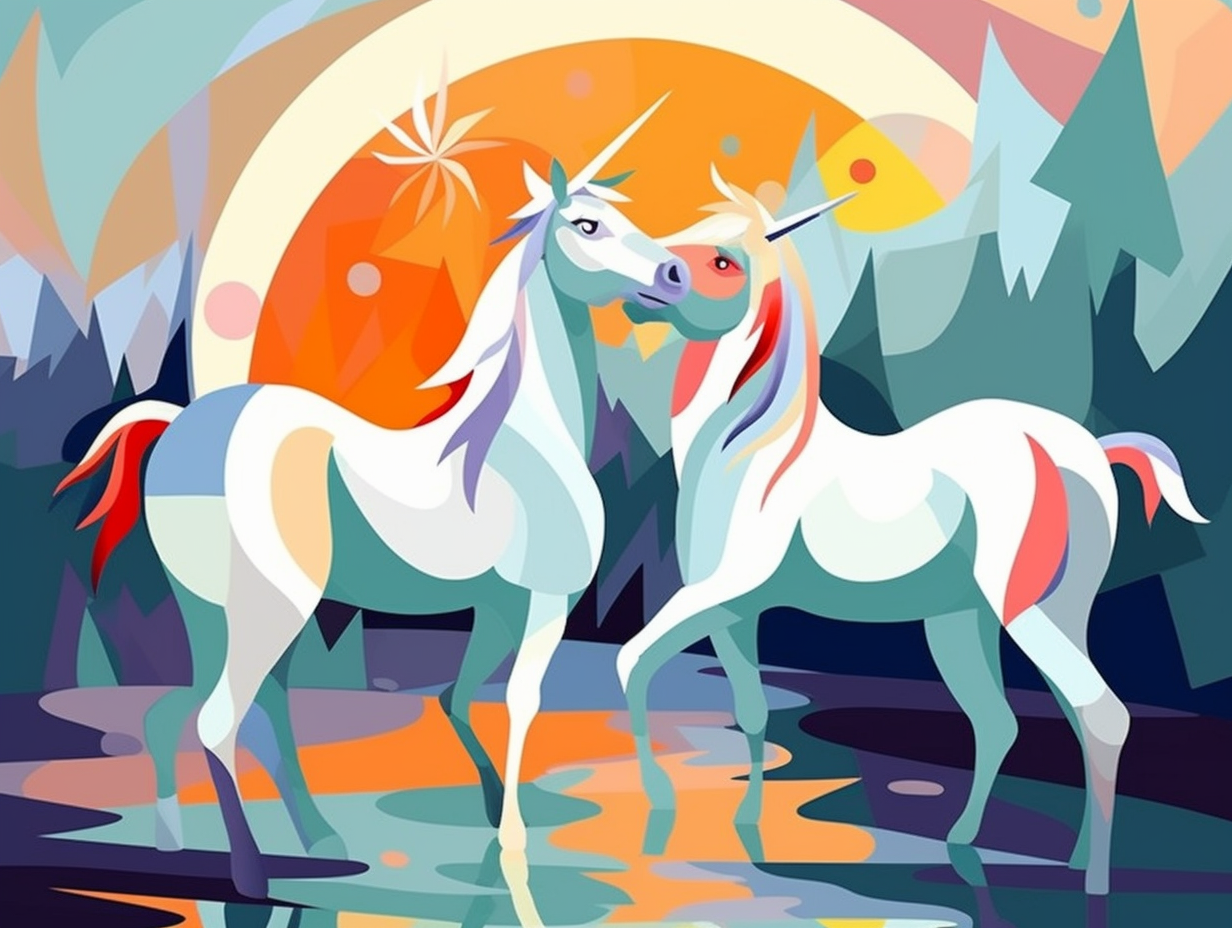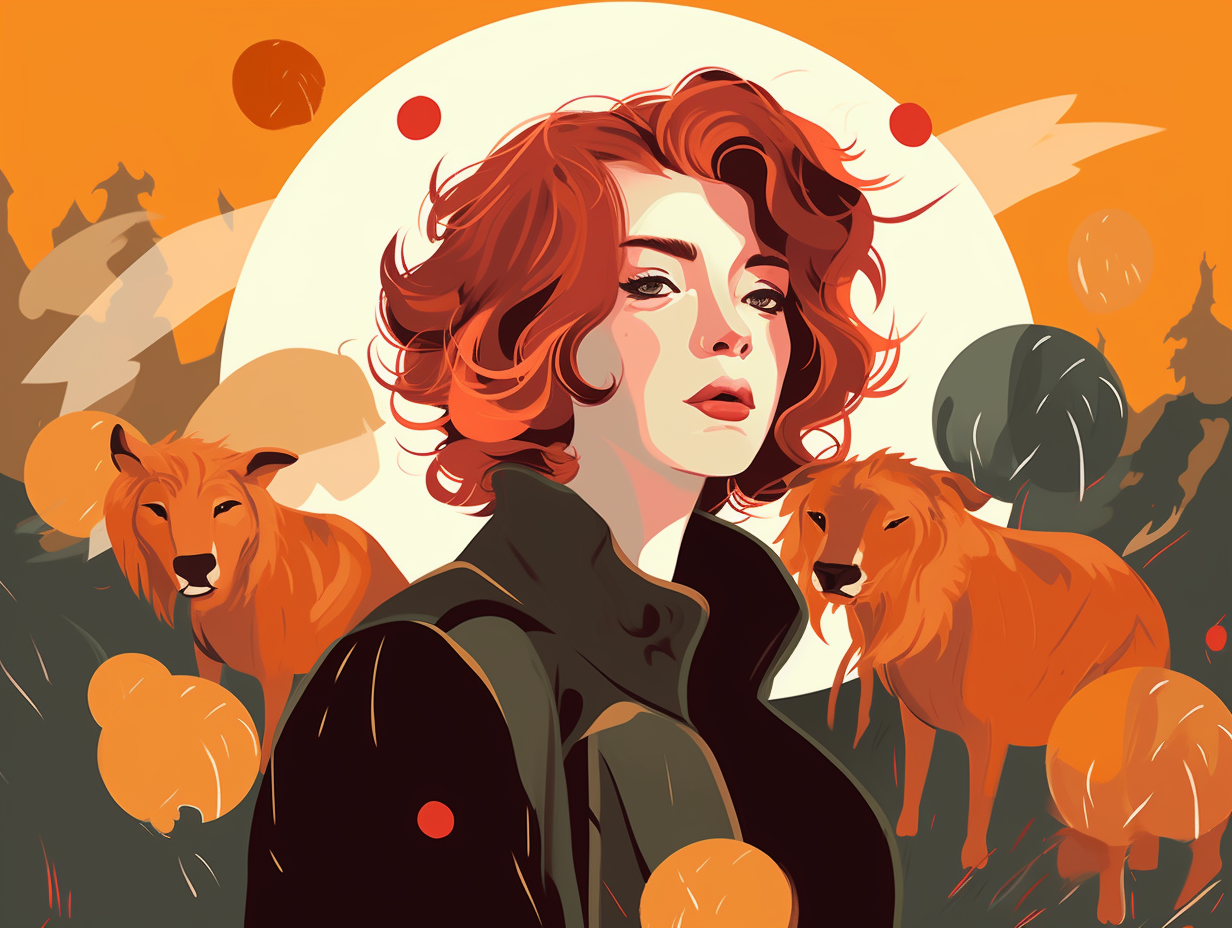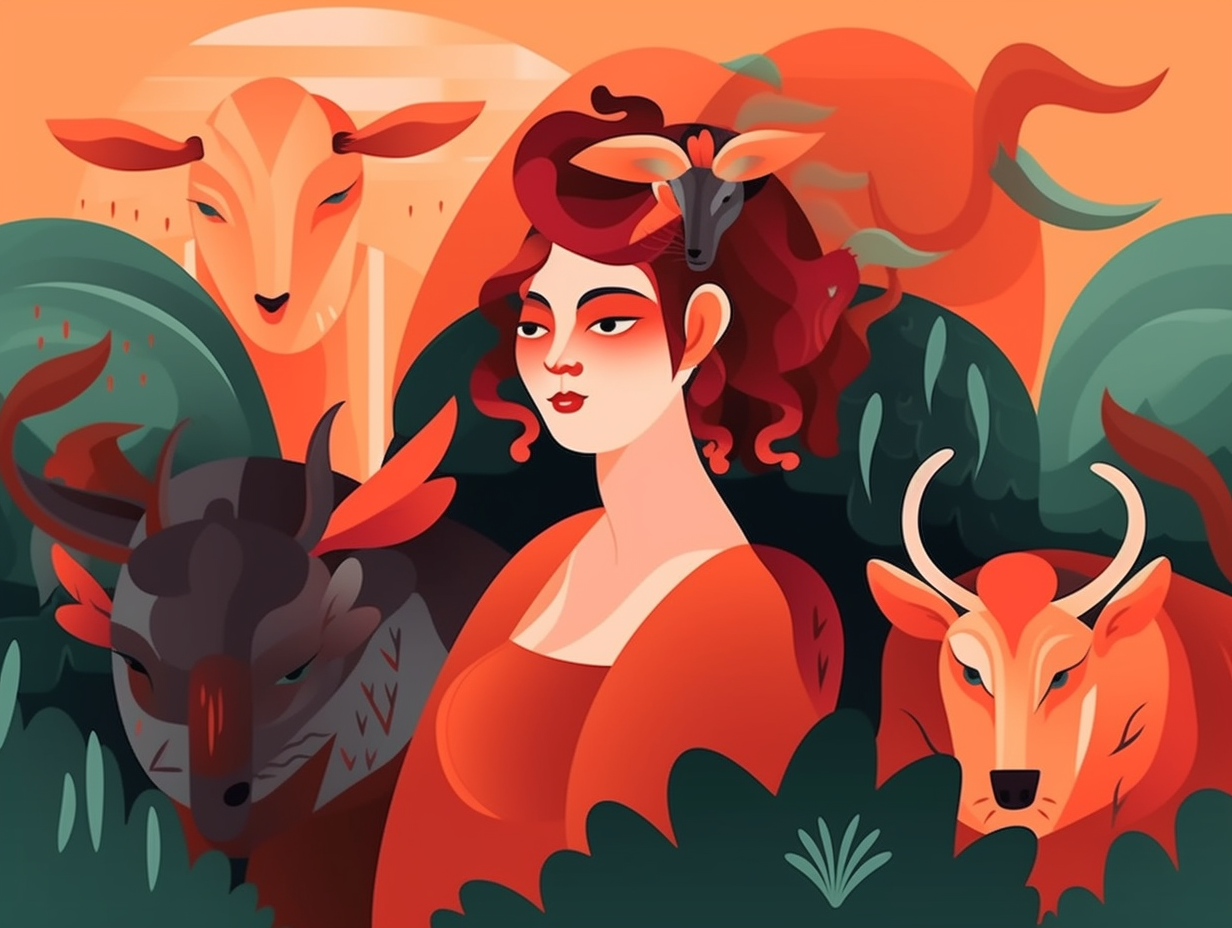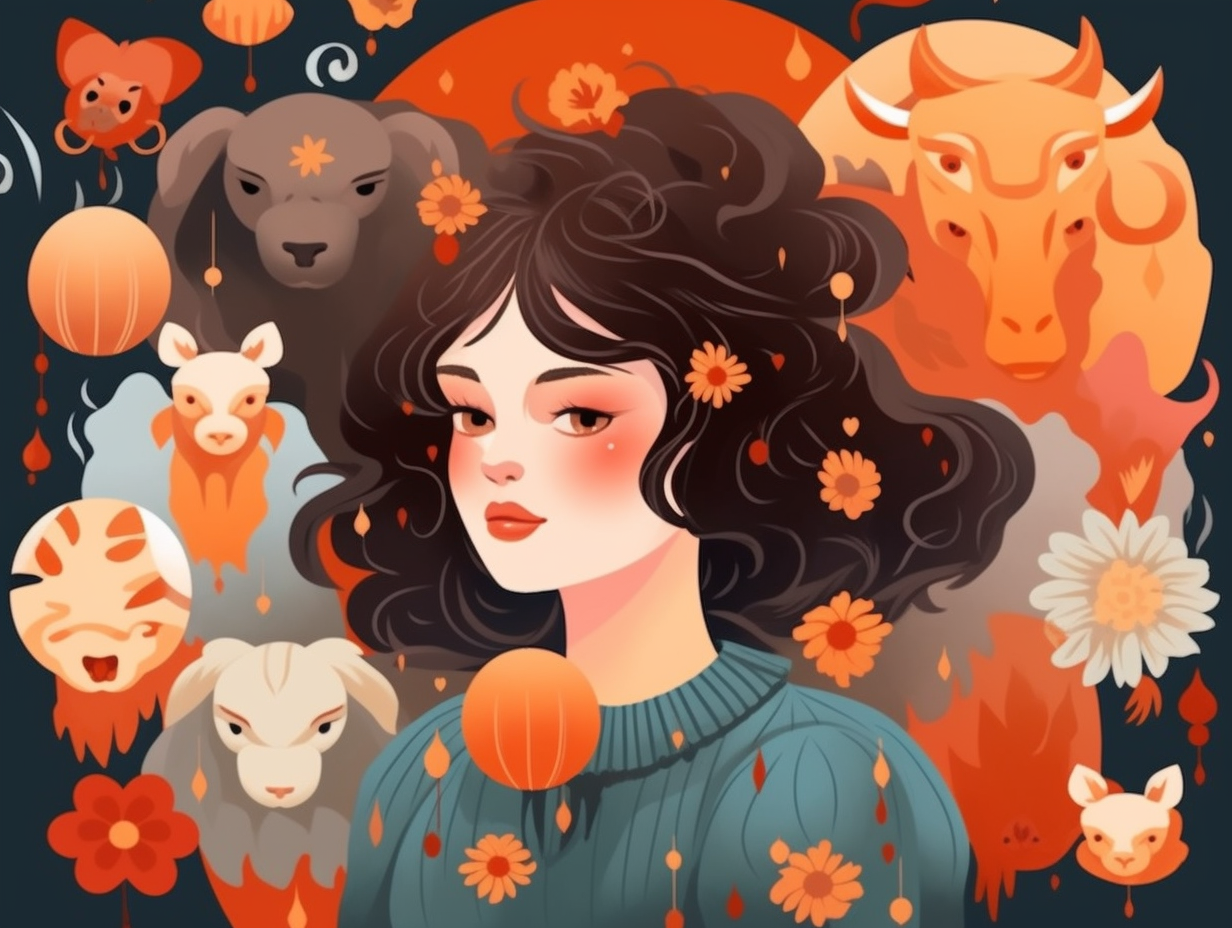Discover the Mythical World: Top 11 Fun and Fascinating Facts About Griffins!
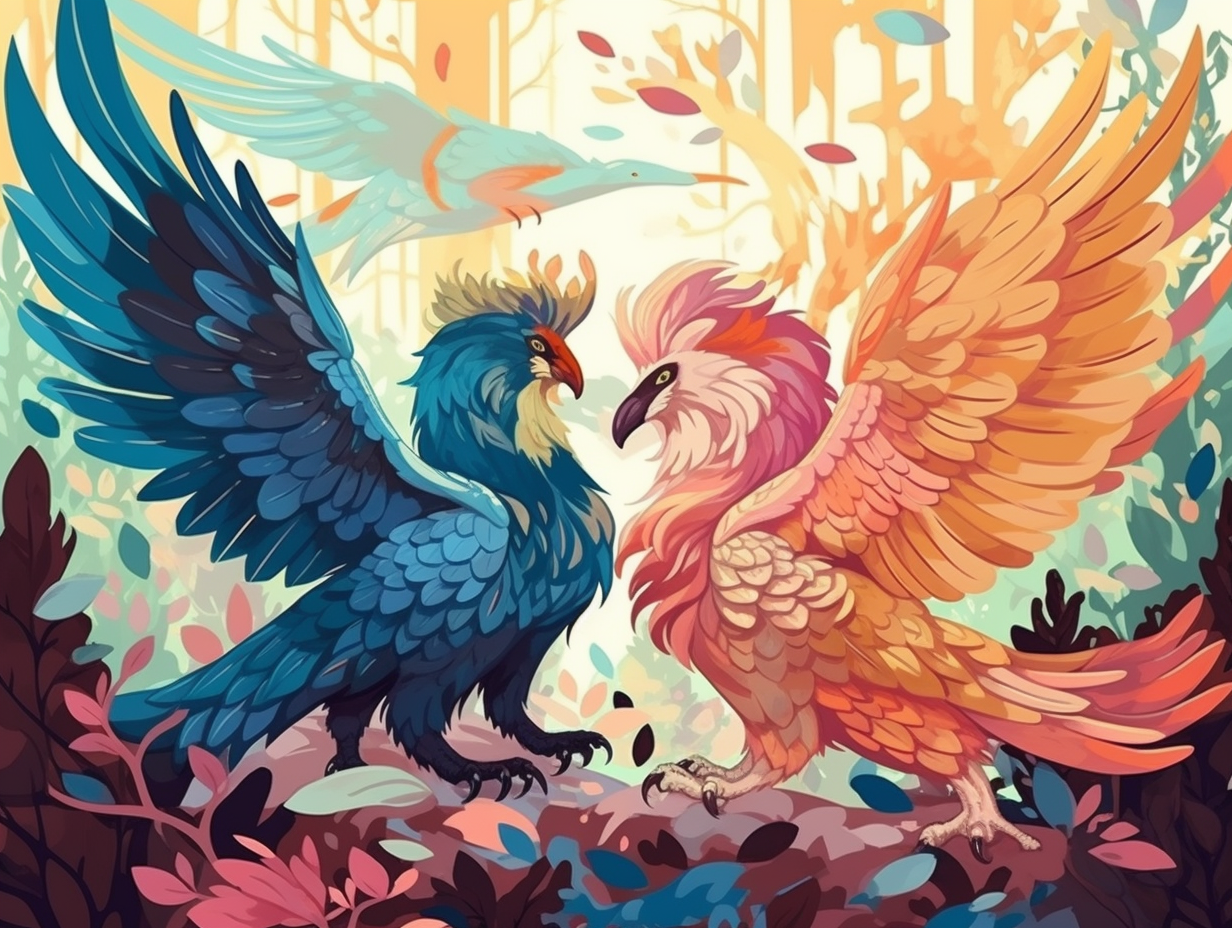
1. Marriage Goals and Medicinal Griffins
Griffins: they put the "mate" in "checkmate" with their unwavering loyalty and lifelong commitments! Known for their marital fidelity, griffins were medieval relationship goals and often used as decorative icons on coats of arms and in churches, symbolizing the divine and human aspects of Christ. Their claws, eggs, and feathers were also believed to have medicinal properties, making them highly sought after in royal courts.
Source => lorethrill.com
2. Treasure Hunters and Royal Guardians
Once upon a time in a gold-filled fantasy land, griffins moonlighted as top-notch treasure hunters and security guards for ancient royalty: These majestic creatures were believed to guard precious treasures and even lay eggs filled with gold nuggets, according to Pliny the Elder's writings – an extraordinary feat they accomplished while maintaining their popularity in the art of Mesopotamia, Egypt, Crete, and Ancient Greece.
Source => en.wikipedia.org

Did you know that dragons from the film series possess unique breath weapons and fire types, ranging from metal armor to molten lava? Unleash their fiery secrets!
=> Fun Facts about Dragons
3. Griffins: Medieval Medical Marvels
In an attempt to cure ailments in medieval times, people turned to griffins—a magical combo of lions, eagles, and medieval hype—as their own mystical, feathered pharmaceuticals: Griffins were thought to possess healing powers, with their claws believed to treat various maladies and their feathers rumored to cure blindness, leading to courtiers peddling antelope-horn goblets as griffin claws and ostrich eggs as griffin eggs, all for a dose of mystical medicine.
Source => folklorethursday.com
4. Gold-Making and Treasure Guarding Griffins
You'd be forgiven for thinking griffins are just extravagant investment bankers with a flair for interior design: They had a penchant for amassing treasures and even made their own gold! The serious reveal: In Greek and Roman mythology, these fantastical creatures were known to fiercely guard their precious possessions, and were even believed to lay eggs riddled with golden nuggets.
Source => en.wikipedia.org
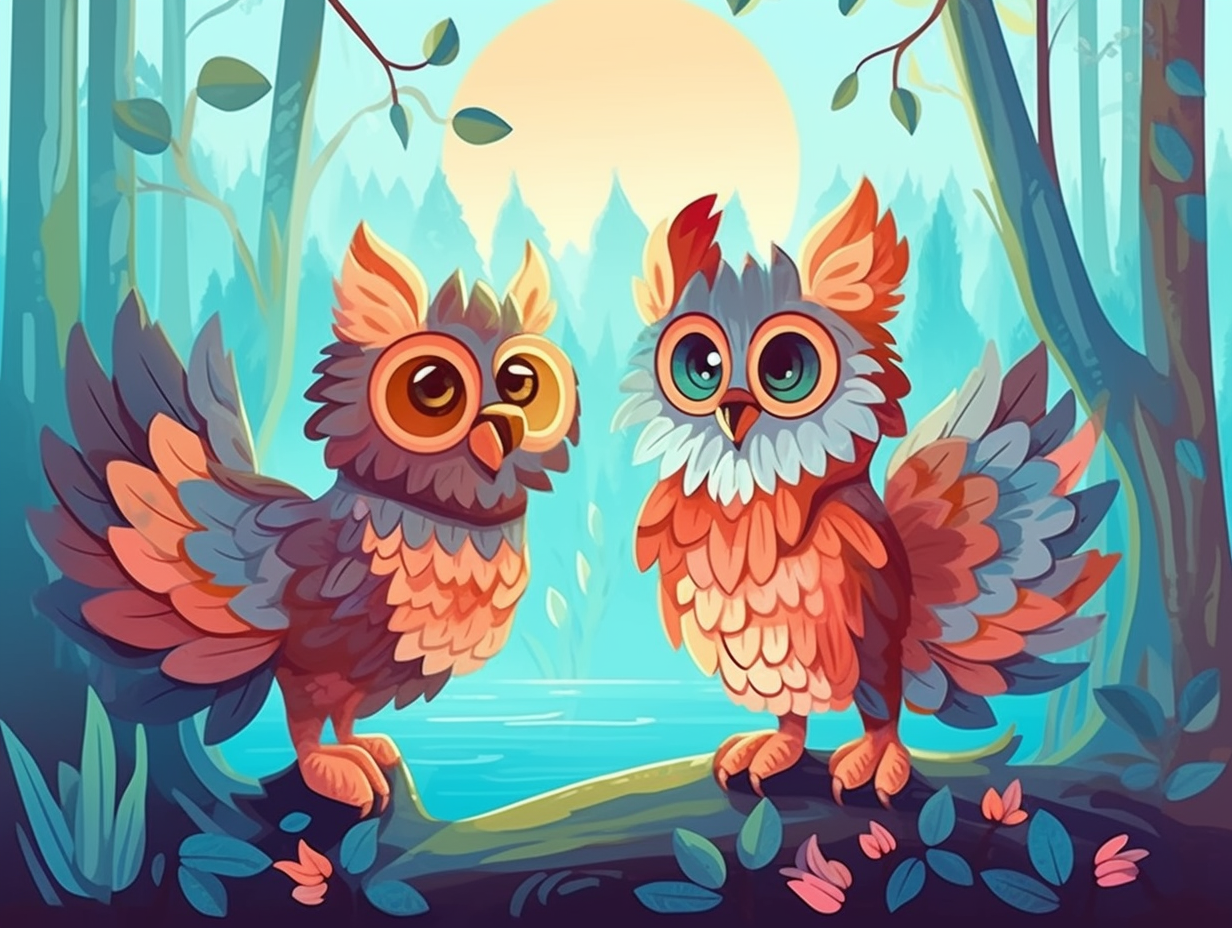
5. Extraordinary Home Remedies and Treasure Protectors
Feeling a little peckish for extraordinary home remedies and flashy treasure guardians? Get a load of this mythical combo: Griffins were said to have feathers that cured blindness, claws that eased various ailments, and loved playing landlord to a burrow full of gold. No wonder they were considered the ultimate fixer-upper in the Medieval Era. In fact, people even consumed ostrich eggs from Griffin claw-shaped vessels, hoping for some eggcellent healing results: Griffins were admired as both powerful healers and symbols of wealth which led to their widespread mythological popularity in ancient Greece.
Source => whatismyspiritanimal.com
6. Gold-Digging Nest Decorators
Move over, magpies! There's a new gold-digger in town, and it's got wings and the body of a lion: Griffins, ancient mythical creatures known for guarding gold, were actually more into decorating their nests with shiny treasures, according to a Roman natural historian's account in AD 200. The protective instinct was reserved for their young, as they fended off persistent miners trying to crash their fabulous crib.
Source => silkroadfoundation.org
7. Apollo's Fierce Security System
Why did the griffin cross the road? To guard Apollo's golden stash, of course: In ancient Greek mythology, the fierce griffin was seen as the ultimate security system, with the ability to detect and protect precious metals and jewels – making it a symbol of vigilance and wealth.
Source => digitalcollections.nypl.org
8. Griffins and the Quest for Eternal Youth
Aging alchemists and parched philosophers unite: forget the serums of snake oil salesman, stash away those sketchy herbal concoctions, and lend an ear to the mythical griffin's secret recipe for eternal youth! The serious reveal: In the dusty annals of alchemy, griffins symbolize the completion of the elusive Philosopher's Stone, which was believed to bestow its elixir-imbibing fellows with unnatural longevity and rejuvenating powers – although, sadly, there's no evidence of griffins ever being available for purchase at your local apothecary.
Source => hekint.org
9. Griffin Nests: Golden Eggs-travaganza
Did you know that some ancient real estate agents might have had a field day selling "griffin nests with a golden eggs-travaganza"? Turns out, in Greek and Roman lore, they believed these majestic creatures laid eggs in burrows filled with gold nuggets: Gracing the griffin not only with a fierce reputation but also as a symbol of treasure and wealth throughout the ages.
Source => en.wikipedia.org
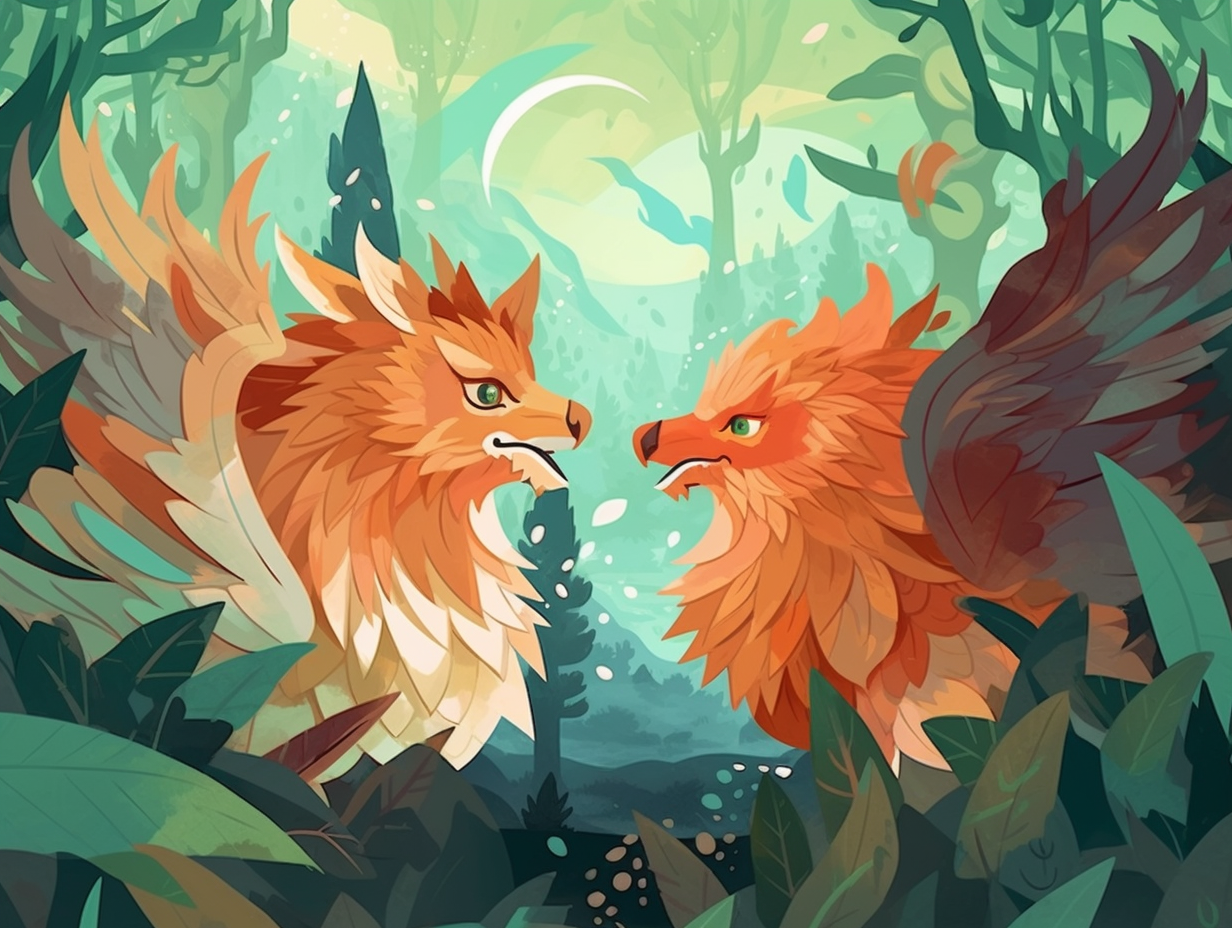
10. Griffin & Co.: Mythical Security Experts
If there were ever a security company you'd trust to safeguard your most valuable possessions, it would be Griffin & Co., Guardians of Priceless Treasures since 3000 BC: Griffins, as mentioned in ancient Greek and Roman texts, were renowned for guarding treasures, with Pliny the Elder even claiming their nests contained gold nuggets. These majestic mythical creatures, featuring in Mesopotamian and Aegean art, held the might of lions and the splendor of eagles, but their wisdom remains debatable.
Source => en.wikipedia.org
11. Griffins: The Original Golden Nest Egg Masters
Forget dragon's lair gold mines and leprechaun pots of gold: when it came to ancient critters and treasure storage, griffins were truly the original "lions with golden egg accounts!" With their lion bodies and eagle heads, these mythological beings knew how to hatch a nest egg *literally*: According to Greek and Roman texts, griffins were said to lay eggs in burrows on the ground, and these nests were believed to contain actual gold nuggets. Bonus fact: no pesky Persian enemy ants were mentioned digging into the griffins' shiny stash!
Source => en.wikipedia.org
Related Fun Facts

